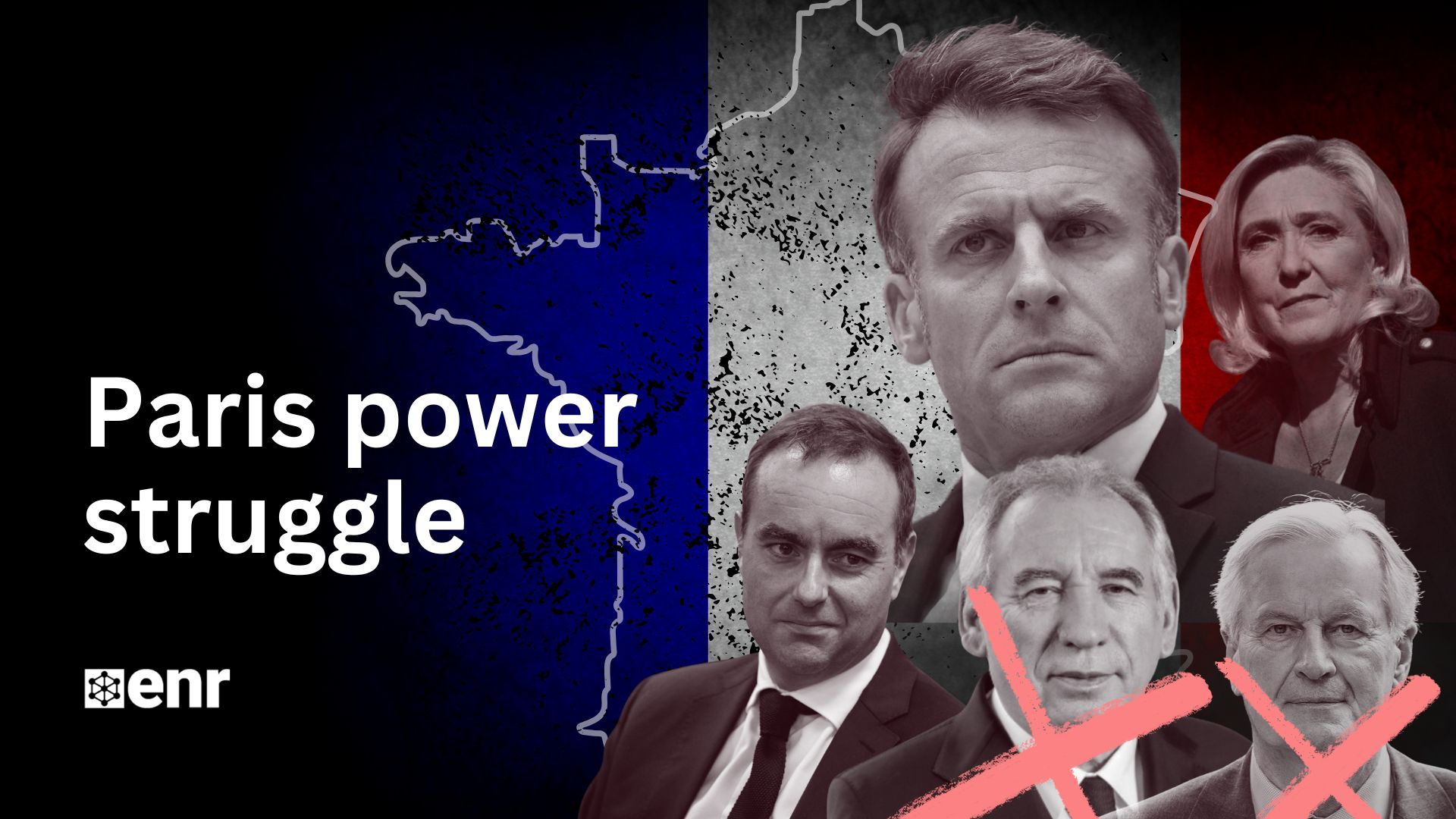
France is facing significant political and economic challenges, and Europe is closely observing how the nation will navigate its crisis: will France find a resolution or pull the EU along with it?
France is burdened by a debt of €3.3 trillion, exceeding 114% of its GDP, while its political landscape remains in disarray.
The annual cost of servicing this debt reaches tens of billions, and Fitch recently downgraded the nation’s credit outlook.
Political instability has exacerbated the crisis. Following significant gains by the far-right in the 2024 European elections and losses for President Emmanuel Macron’s centrists, a snap legislative election resulted in a hung parliament. The left emerged as the largest faction, followed by centrists and the far right—none of which holds a majority. In the last two years, France has seen five prime ministers, with Sébastien Lecornu becoming the latest appointment in September after his predecessor was removed due to proposed austerity measures aimed at reducing debt levels.
Experts caution that without a stable political environment, France will struggle to effectively address its deficits or maintain a strong position within the EU. Some left-wing politicians advocate for a wealth tax on the wealthiest households to help alleviate the debt, though opponents warn it could lead to capital flight.
France has a limited timeframe to put forth a credible budget. Its decisions will not only influence its own future but also that of the European Union.
Watch the video above for further insights into the situation.













Leave a Reply